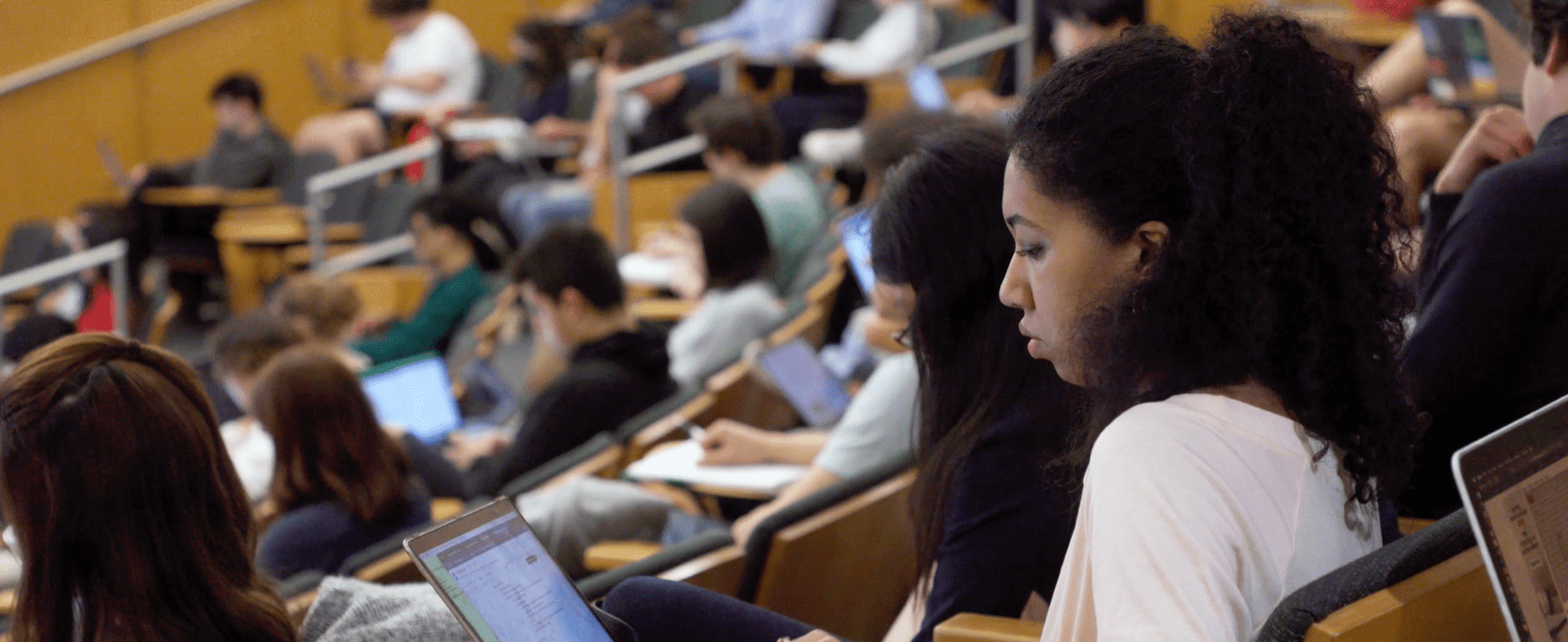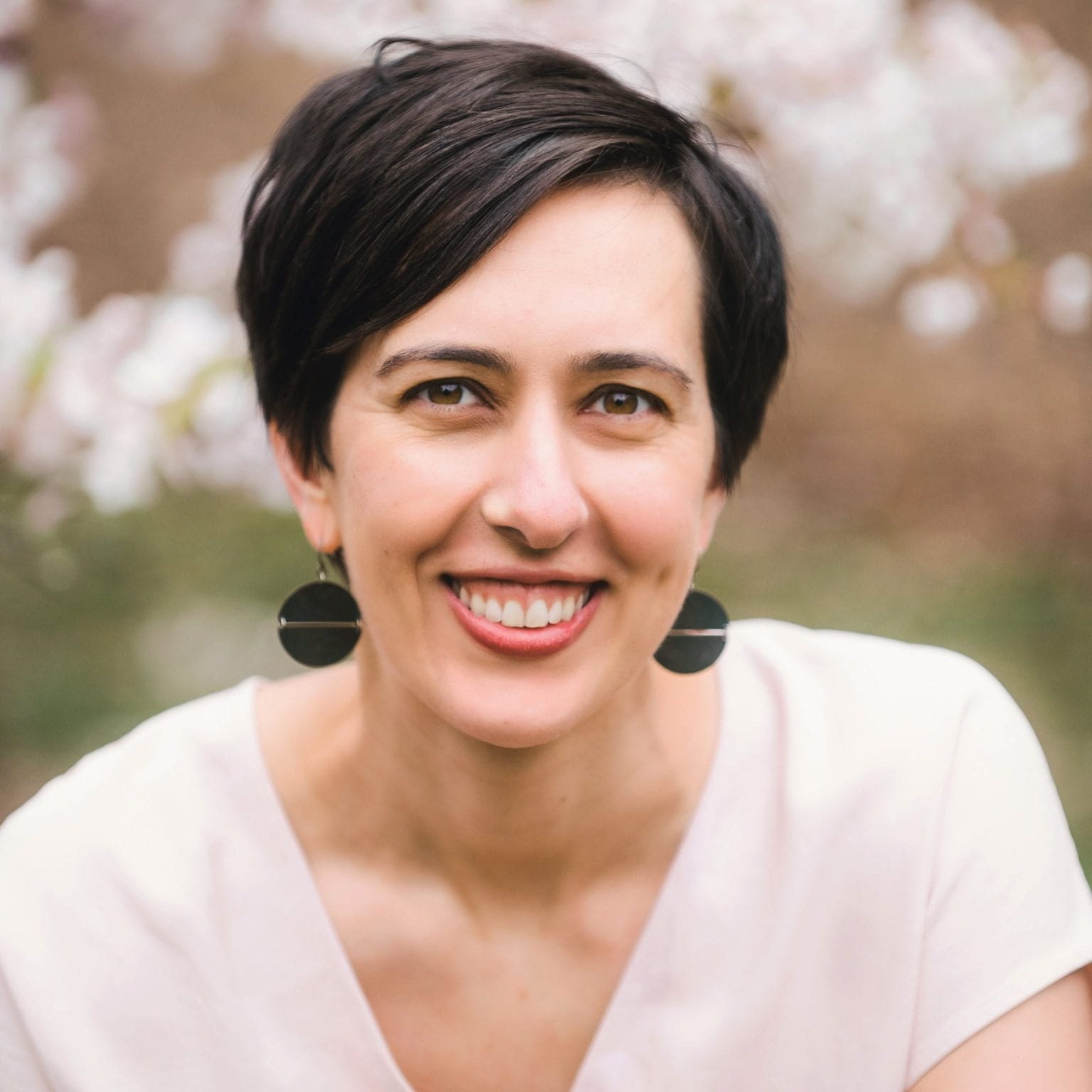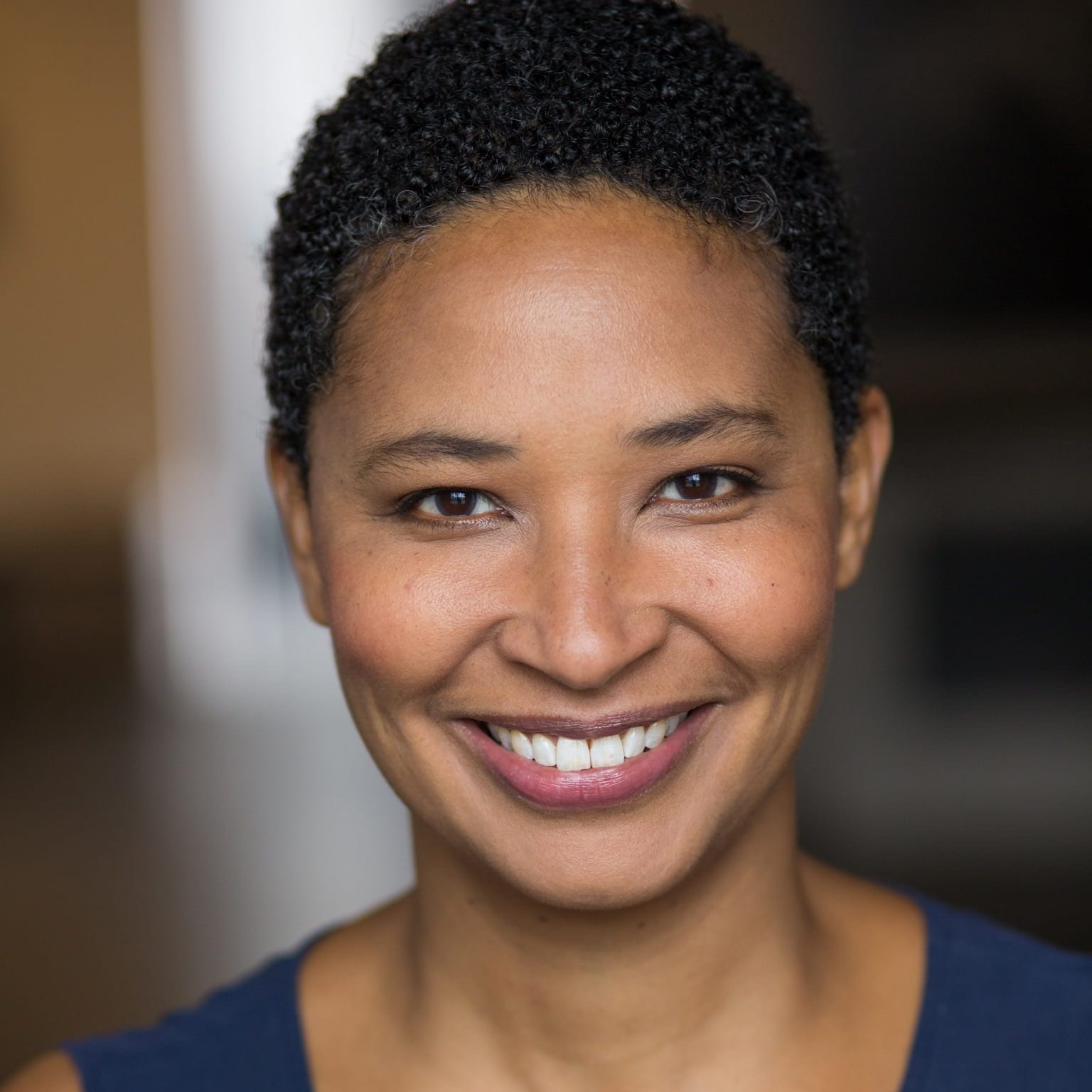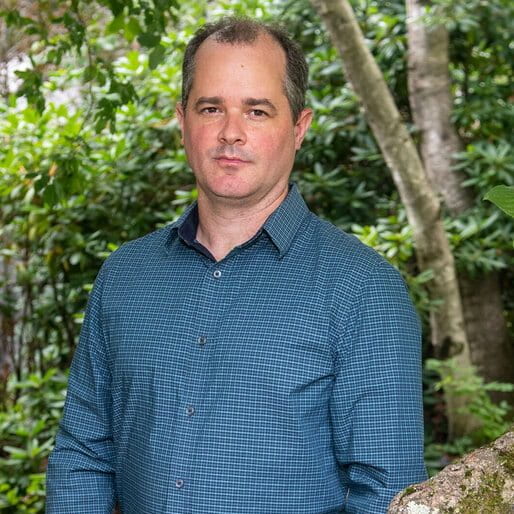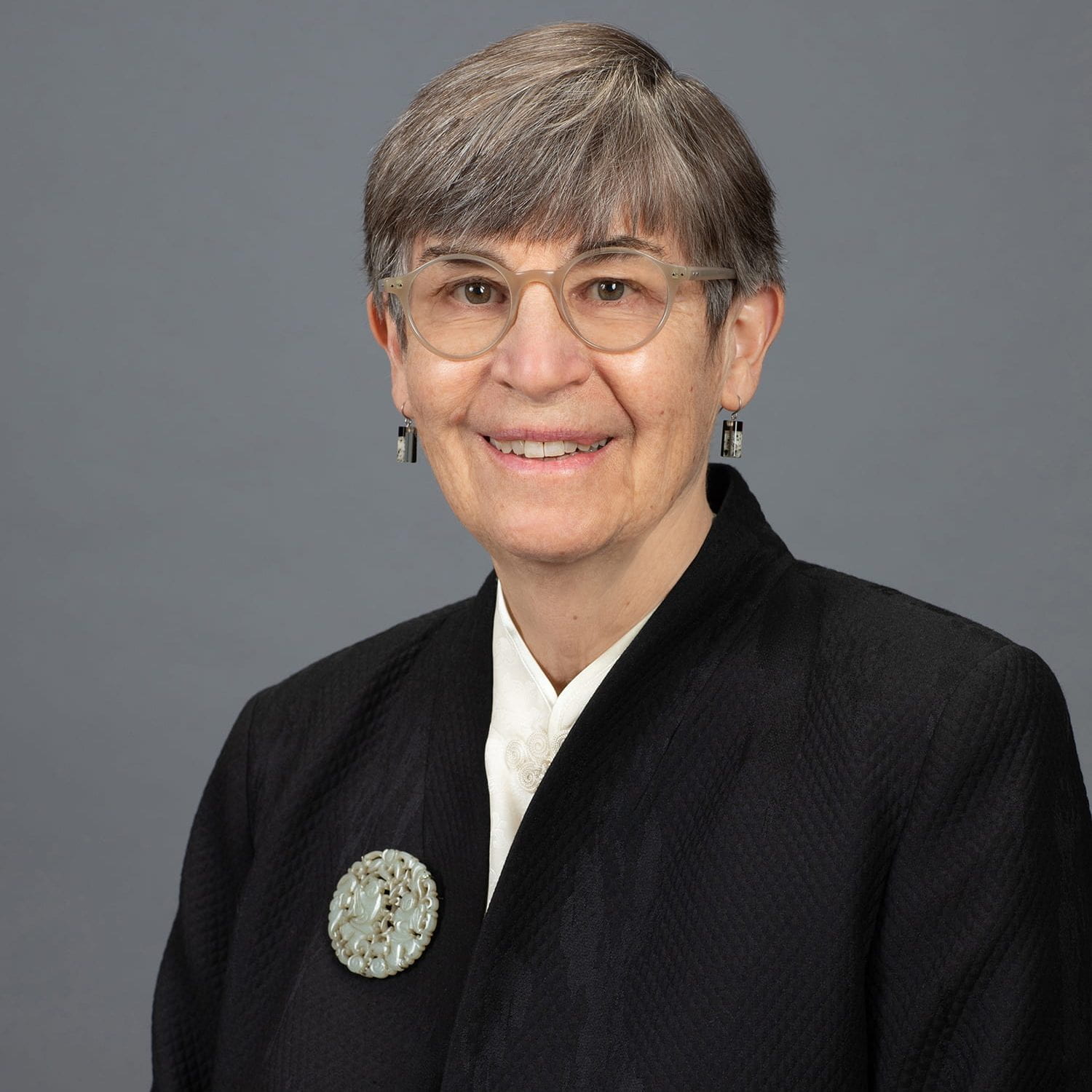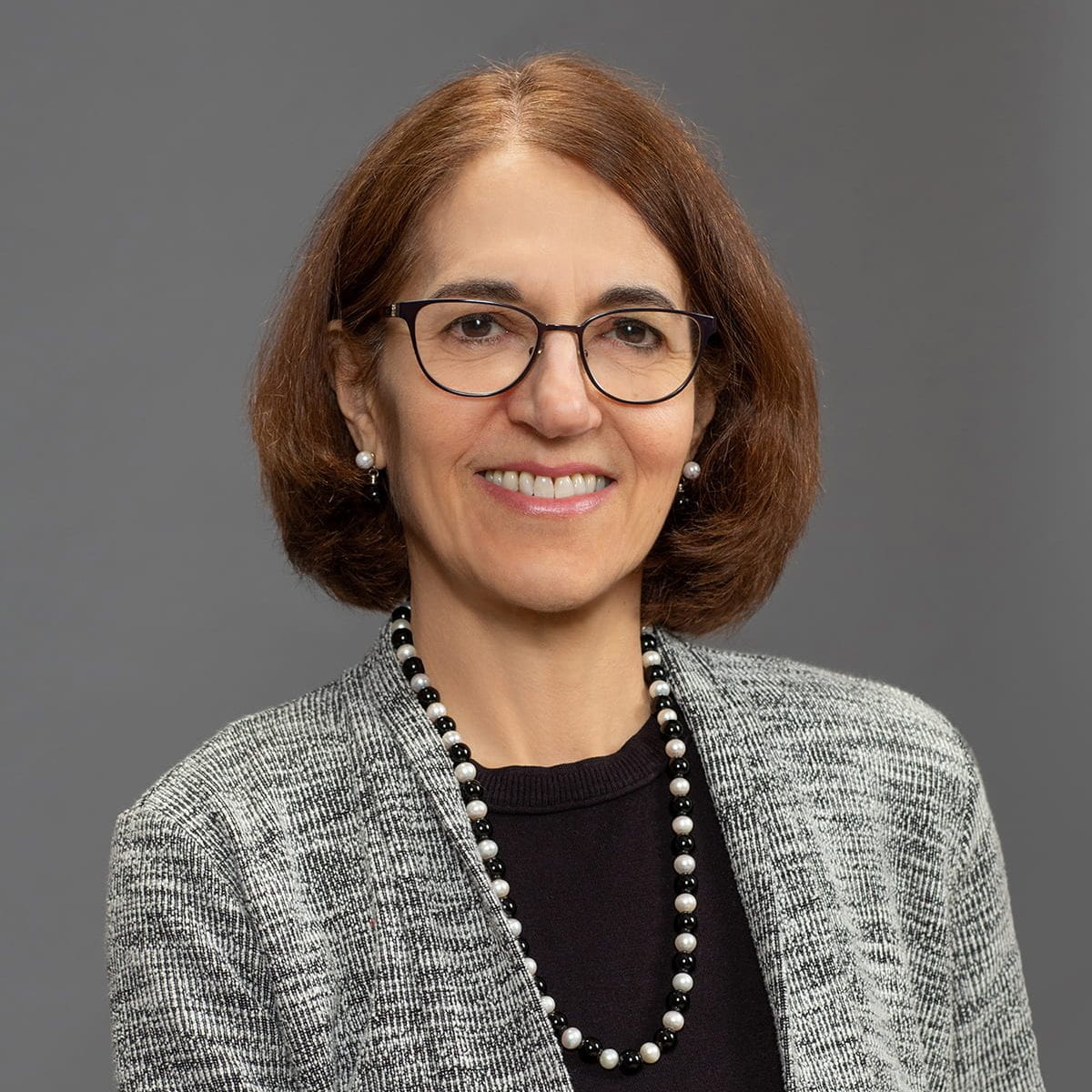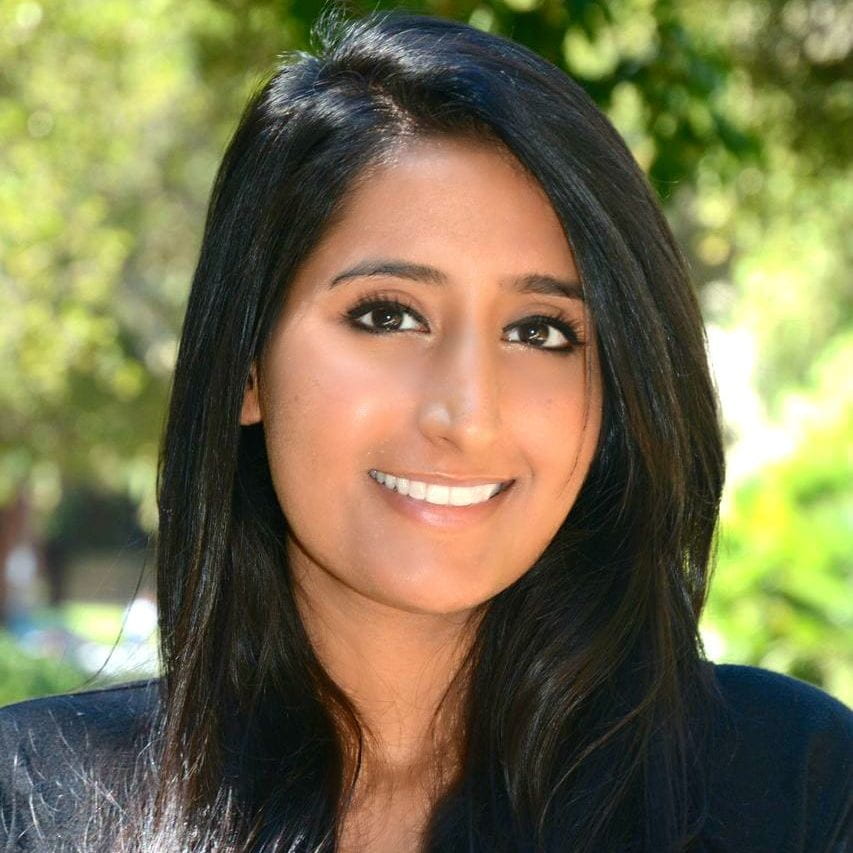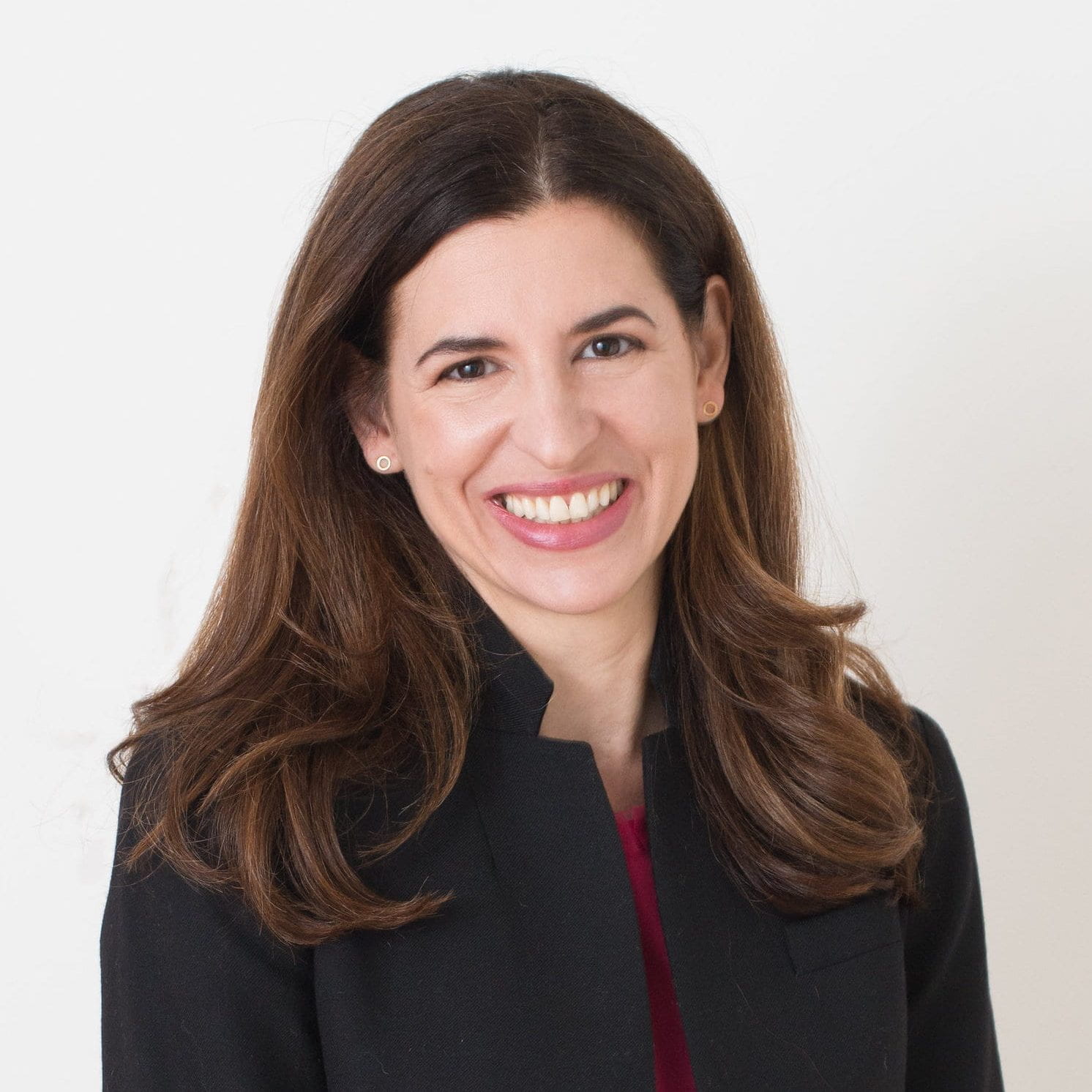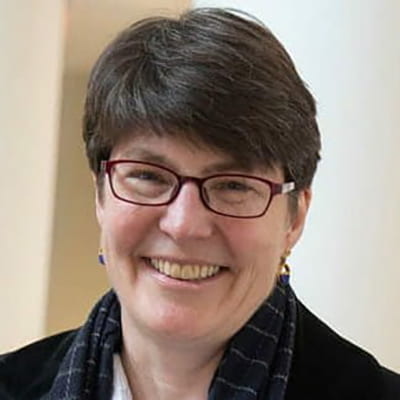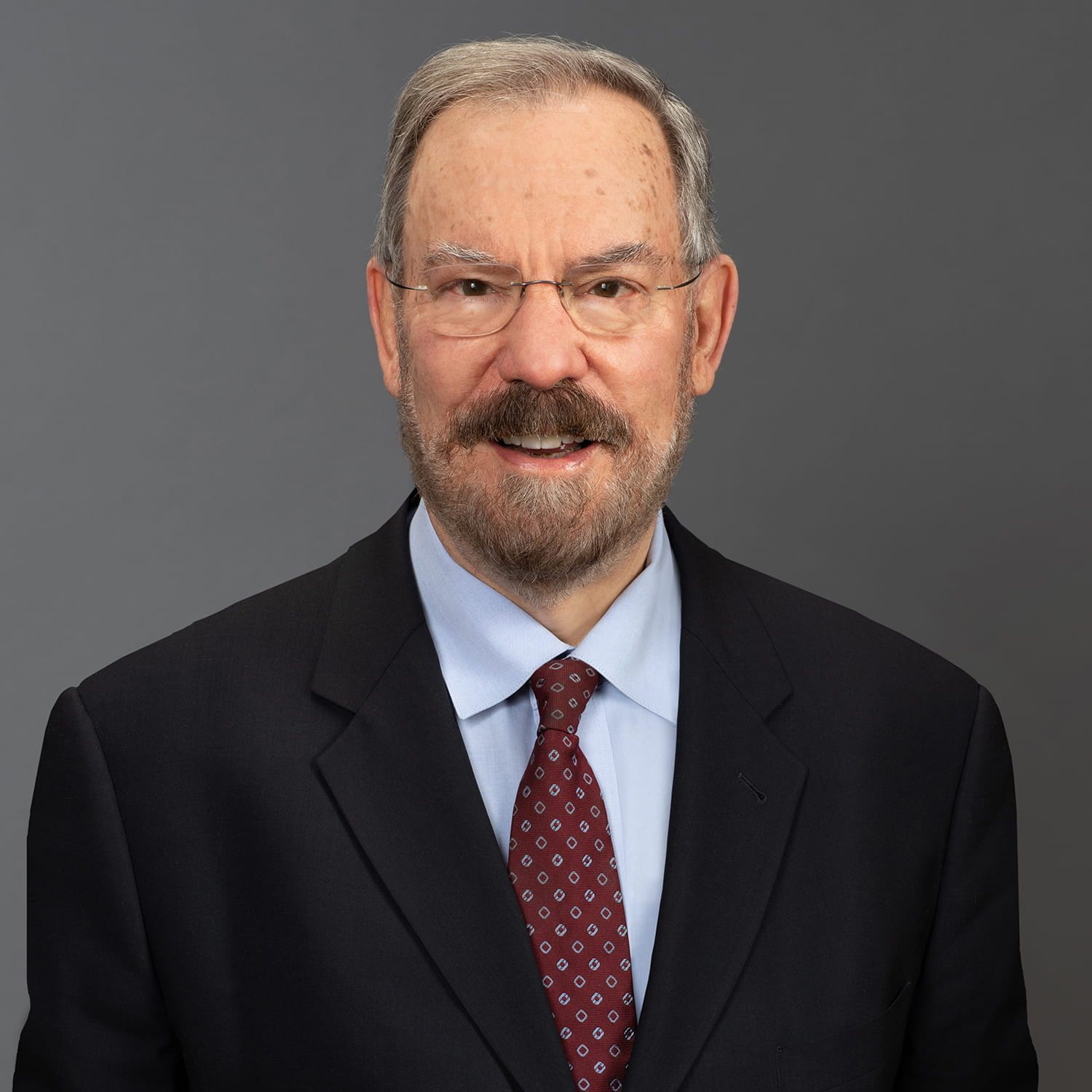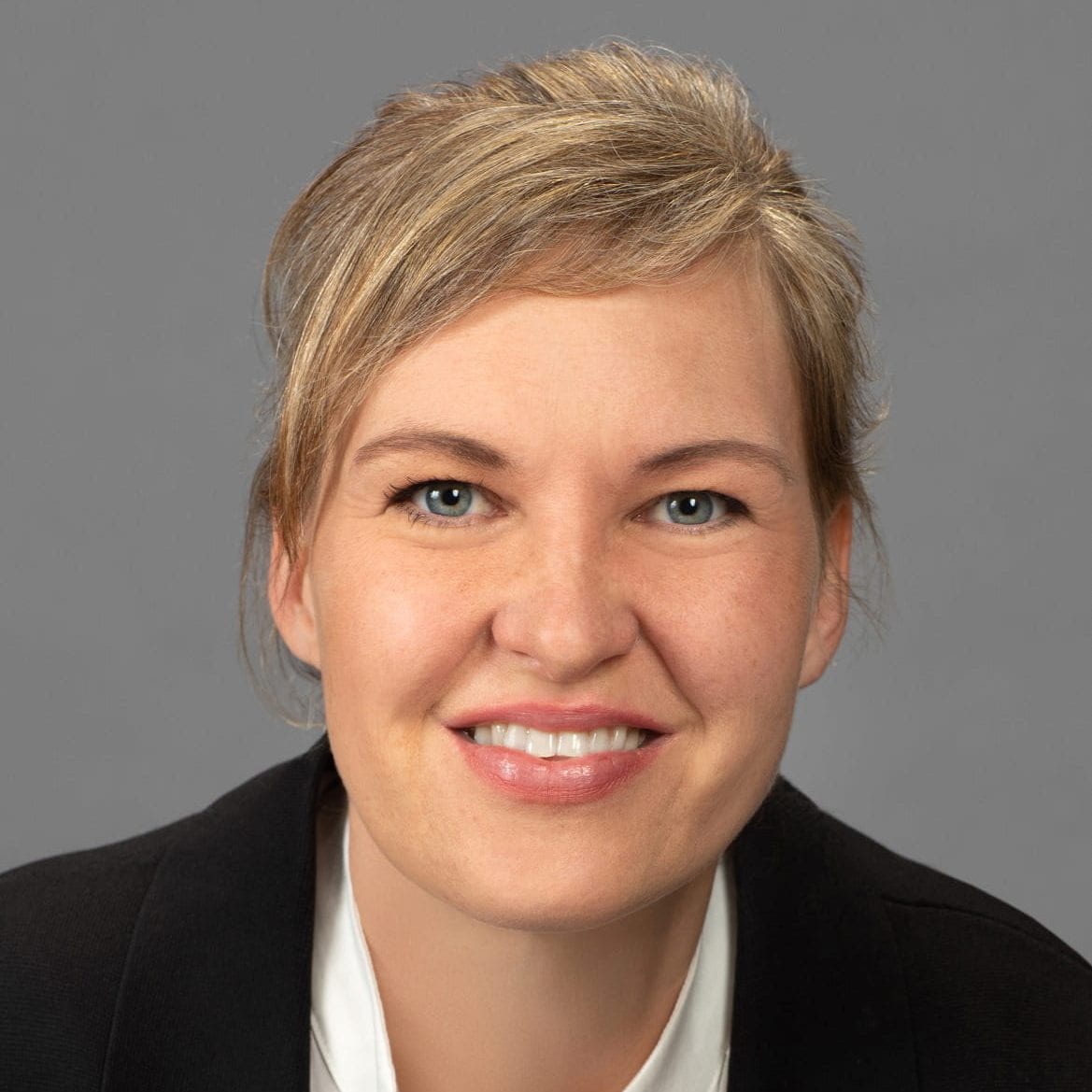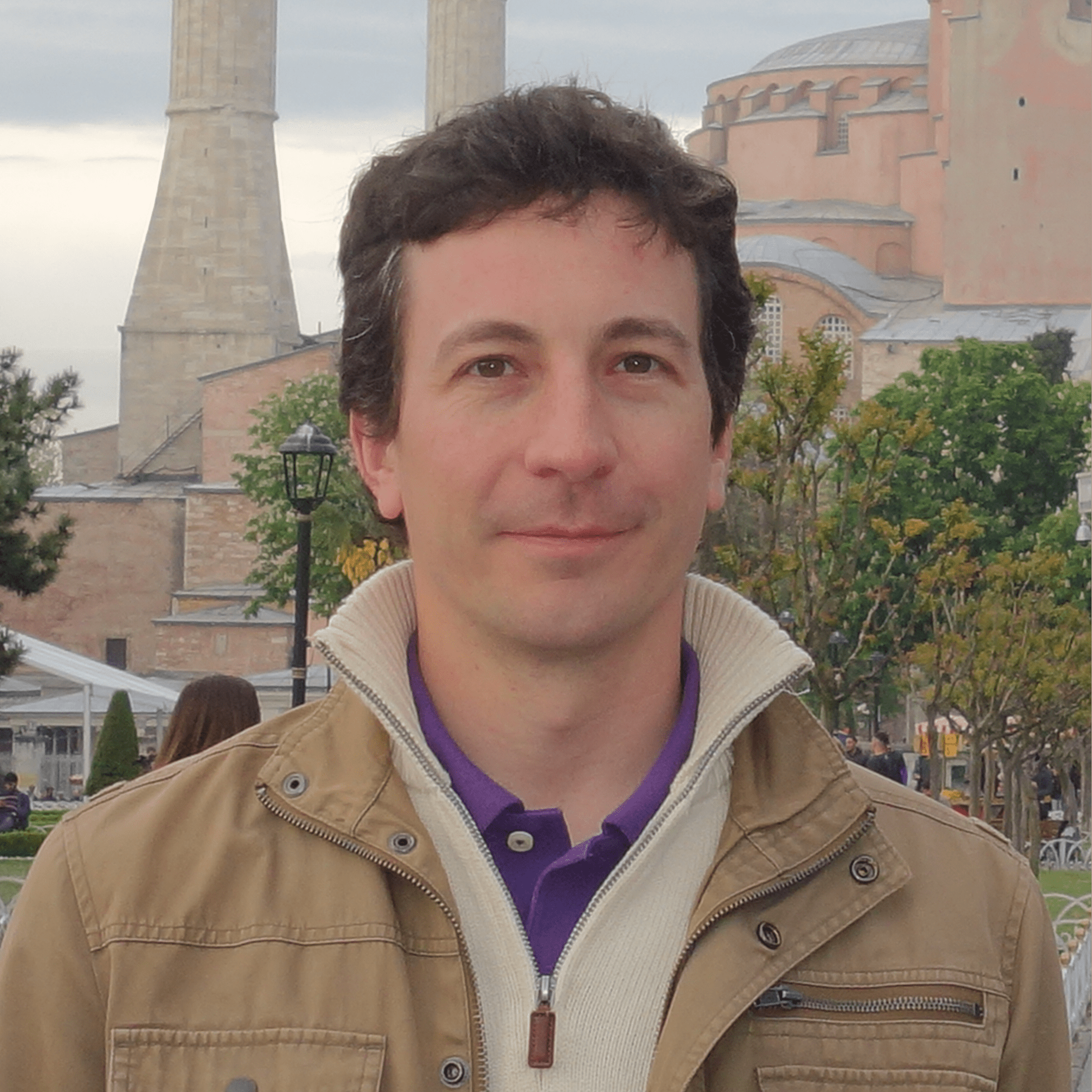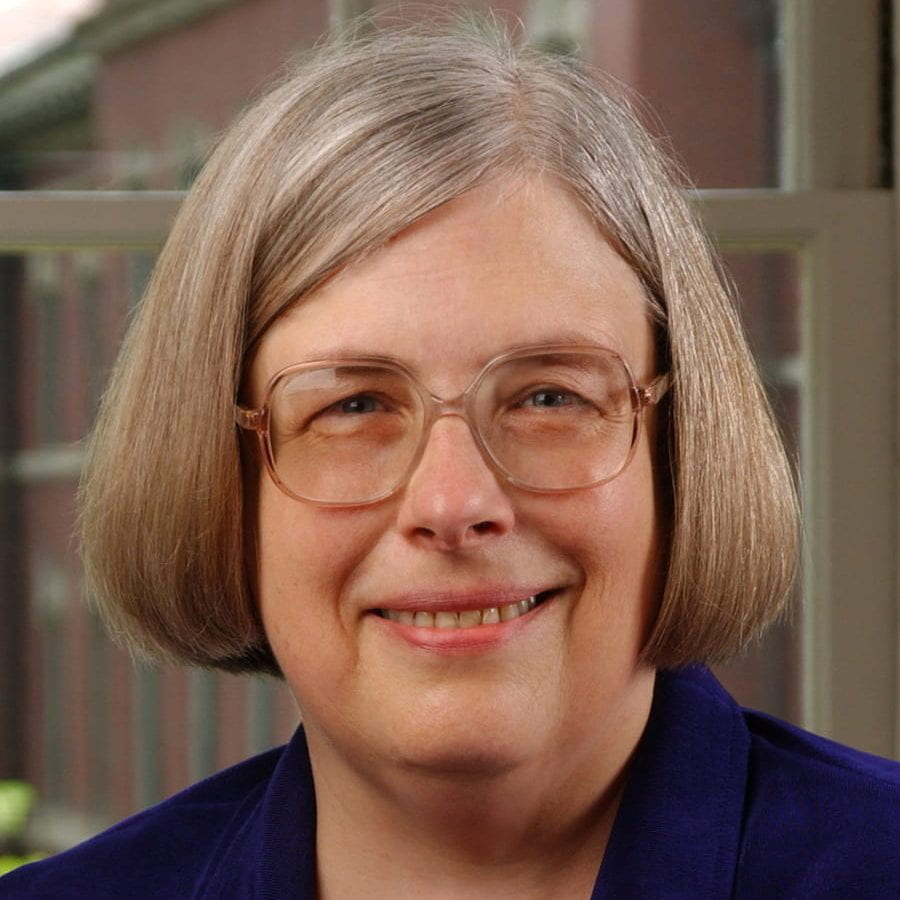Political Economy. Understanding how societies work.
Faculty Chair: Torben Iversen
Political economy is the study of how politics affects the economy and how the economy in turn shapes politics. Training in political economy can help students understand how societies work, a useful skill whether they seek to become better policy analysts or more effective social reformers (Frieden 2020).
Topics in political economy include inequality (across class, gender, race, ethnicity), redistribution, economic development, globalization, macroeconomic policy, economic crises, populism, and environmental policy. For example, the last four decades have seen a sharp rise in inequality in rich democracies, yet government redistribution has not risen; why? Technological change has produced greater inequality and concentration of wealth; what role do governments play in amplifying or countering these trends? Why do some countries grow at a much faster pace than others? Trade has risen sharply for decades, but it is now under political attack; why? China has emerged as an economic superpower; what are the consequences for international politics? Women have been economically mobilized across the world over the past four decades; what are the political implications?
The Government Department’s political economy program offers a thorough introduction to theoretical approaches to political economy and important empirical cases among the advanced industrial countries and the developing world. It provides training for a broad range of careers in government, finance, international organizations, and think tanks. The program is also good preparation for applying to business schools, law schools, and graduate programs in political science and economics.
Requirements: Students must take three Government courses in political economy from the list of designated political economy courses below, including at least one Gov 94 undergraduate seminar. In addition, they must take at least one course on Economics from the list of courses below. All four courses for the political economy program must be taken for a letter grade. Working with their concentration advisers and faculty mentors, students develop their own Plans of Study to identify their academic goals and to select their courses accordingly.
Double Counting: Students may use the 3 Government Department courses taken for the Political Economy program toward other Government concentration requirements, such as elective or subfield requirements, provided these classes would otherwise meet those requirements.
Possible Areas of Focus: In formulating their plans of study, students can choose to focus on specific aspects of political economy, such as international political economy, economic development, or inequality.
Advising: Your concentration adviser (CA) is your primary contact for the Political Economy program. If you still have questions after talking with your CA, please contact Director of Undergraduate Studies Dr. Nara Dillon.
Declaring: To officially join the Political Economy curricular program, concentrators should complete the Political Economy plan of study supplement and submit the completed form to the Government Department Undergraduate Manager, Karen Kaletka.
Political Economy Courses
Courses that are currently scheduled to be offered in AY2025-2026 are highlighted in bold below. (Please note that this list will be updated periodically as new course information becomes available.)
Government Courses on Political Economy
- Gov 94ACH: Politics of Inequality in Latin America. Alisha Holland
- Gov 94AU: Political Economy. Torben Iversen
- Gov 94BD: Fighting Poverty. Nara Dillon
- Gov 94EK: Globalization and Private Governance. Michael Hiscox
- Gov 94GM: Politics of Climate Change. Alexander Gard-Murray
- Gov 94HG: The Politics and Political Economy in Latin America. Fran Hagopian
- Gov 94JF: The Political Economy of Economic Growth: The Past Thousand Years. Jeffry Frieden
- Gov 94KL: Advanced Topics in Formal Political Economy. Konstantin Matakos
- Gov 94NB: Capital, Ideas, and Development in Latin America. Dan Epstein
- Gov 94ND: Global Cities in East Asia. Nara Dillon
- Gov 94OA: Inequality and American Democracy. Theda Skocpol
- Gov 94PI: Politics of Development in Africa. Pia Raffler
- Gov 94RG: A Revolt against Globalization? How Political Economies Change. Peter Hall
- Gov 94TR: The Politics of Economic Inequality. Thomas Remington
- Gov 1004: Political Economy. Peter Buisseret
- Gov 1015: Strategic Models of Politics. Sarah Hummel
- Gov 1025: Political Economy and Its Future. Roberto Mangabeira Unger
- Gov 1108: The Politics of Economic Inequality. Thomas Remington
- Gov 1135: Politics of Development in Africa. Pia Raffler
- Gov 1171: The Making of Modern Politics. Peter Hall
- Gov 1203: Capitalism and Democracy in Central and Eastern Europe. Grzegorz Ekiert
- Gov 1279: Political Economy of East and Southeast Asia. Yuhua Wang
- Gov 1288: China’s Economic Development. Nara Dillon
- Gov 1754: Science, Technology, and National Security: Japan in Global Perspective. Matthew Brummer
- Gov 1759: Behavioral Insights and Public Policy: Nudging for the Public Good. Michael Hiscox
- Gov 1780: International Political Economy. Jeffry Frieden
- HKS BGP 610: The Political Economy of Trade. Robert Lawrence
- HKS BGP 670: Financial Crises: Concepts and Evidence. Carmen Reinhart
- HKS DEV 130: Why Are So Many Countries Poor, Volatile, and Unequal? Ricardo Hausman
Economics Courses on Political Economy
- Econ 10a: Principles of Economics: Microeconomics
- Econ 1010a/1011a: Intermediate Microeconomics
- Econ 1018: Cultural Economics. Alberto Alesina
- Econ 1133: Authoritarian Superpower: The Political Economy of Modern China. David Yang
- Econ 1420: American Economic Policy. Lawrence Summers & Jeffrey Liebman
- Econ 1450: The Political Economy of Religion. Robert Barro and Rachel McCleary
- Econ 1535: The Global Economy. Pol Antras
- Econ 1746: Financial and Economic Crises of the 21st Century. Karen Dynan
- HKS DEV 356: Economic Policy in Africa: Challenges and Opportunities. Celestin Monga
